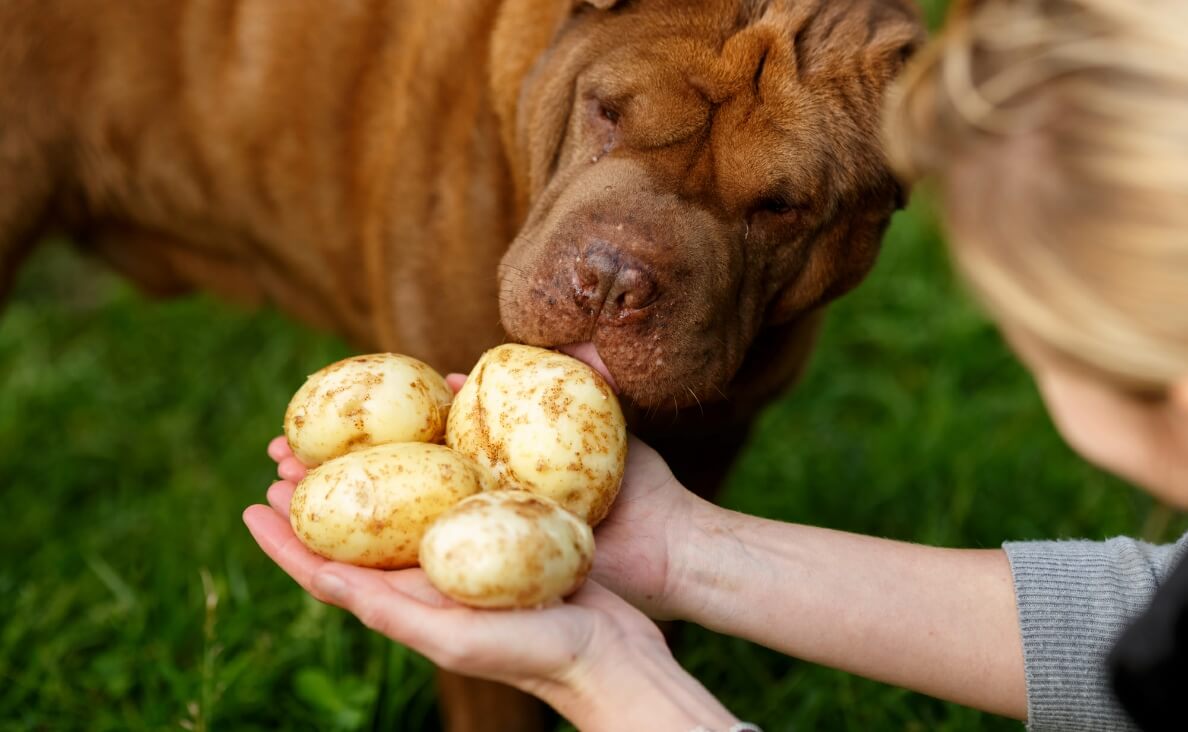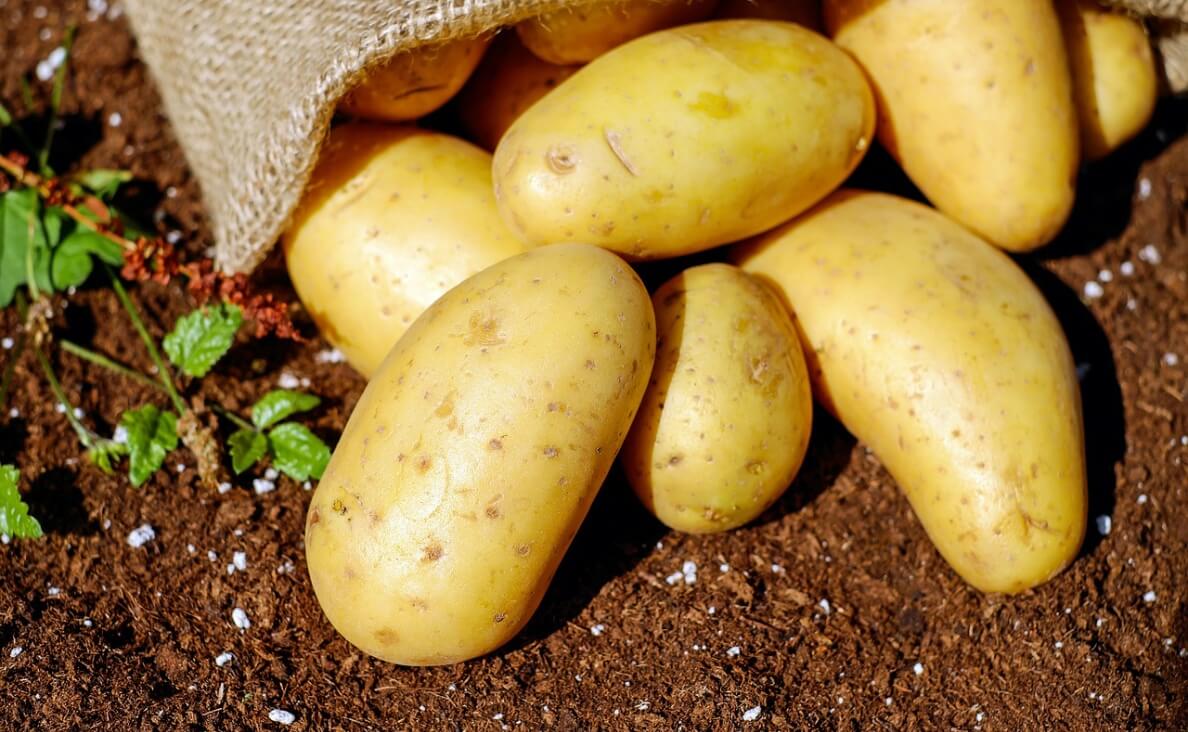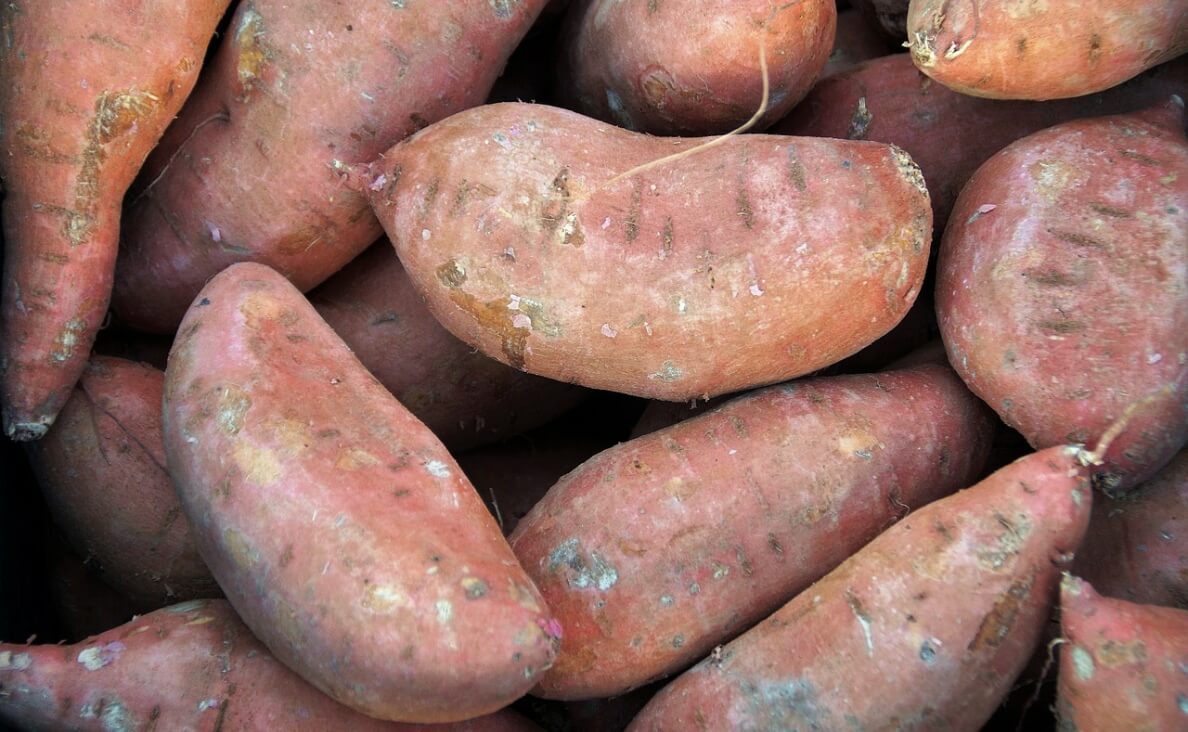
Have you ever wondered if sharing a piece of potato with your furry friend is safe? Many pet parents are curious about whether potatoes, a staple in many human diets, are good for dogs. After all, we want to make sure that everything we feed our canine companions supports their health.
So, can dogs eat potatoes? The answer isn’t as simple as a yes or no. In this blog post, we’ll explore the nutritional benefits, potential risks, and how to safely prepare potatoes for your dog. Let’s dig in!
Can Dogs Eat Potatoes? The Short Answer
Yes, dogs can eat potatoes, but there are important considerations to keep in mind. Potatoes are not toxic to dogs when cooked properly, and they can even provide some nutritional benefits when given in moderation. However, raw potatoes contain solanine, a compound that is harmful to dogs. Additionally, potatoes should always be served plain—no butter, salt, or spices—and prepared in a healthy way, such as boiling or baking.
While potatoes can be a healthy treat in small amounts, they should never replace your dog’s balanced diet. Dogs have different nutritional needs than humans, and too much of any one ingredient, including potatoes, can cause problems. So, can dogs eat potatoes? Yes, but only under the right circumstances.

Nutritional Benefits of Potatoes for Dogs
Potatoes are a good source of nutrients that can benefit dogs when served correctly. Let’s take a closer look at what makes potatoes a worthwhile occasional treat:
1. Vitamins:
Potatoes are rich in vitamin C and vitamin B6, which support your dog’s immune system and brain health. These vitamins also help maintain healthy skin and coat.
2. Minerals:
Potatoes contain essential minerals like potassium and manganese. Potassium helps regulate nerve signals and muscle function, while manganese supports bone health and metabolic processes.
3. Dietary Fiber:
Cooked potatoes are a source of dietary fiber, which can promote healthy digestion in dogs. Fiber can also help regulate bowel movements and prevent constipation.
4. Energy Boost:
Potatoes are carbohydrate-rich, providing a quick energy boost. This can be especially helpful for active dogs that need extra fuel during exercise.
However, it’s important to note that not all potatoes are created equal. Sweet potatoes, for example, offer a higher concentration of nutrients compared to white potatoes and are often a better choice for dogs.
Still, when asking, “Can dogs eat potatoes?” it’s important to consider portion sizes and preparation methods.

Risks of Feeding Potatoes to Dogs
While potatoes can be a healthy addition to your dog’s diet, there are some risks involved. Here’s what you need to watch out for:
1. Solanine Toxicity:
Raw potatoes and potato skins contain solanine, a naturally occurring compound that is toxic to dogs. Eating raw potatoes can lead to symptoms like vomiting, diarrhea, and lethargy. Always cook potatoes thoroughly and peel them to remove this risk.
2. High Carbohydrate Content:
Potatoes are starchy vegetables, meaning they are high in carbohydrates. Feeding too many potatoes can lead to weight gain and other health issues like diabetes. Potatoes should only be an occasional treat, not a regular part of your dog’s meals.
3. Allergies or Sensitivities:
Some dogs may be allergic to potatoes or develop gastrointestinal upset after eating them. If you’re feeding your dog potatoes for the first time, start with a small amount and monitor for any adverse reactions.
4. Unhealthy Preparations:
Fried or heavily seasoned potatoes—like French fries, potato chips, or mashed potatoes with butter—are not safe for dogs. These versions are loaded with unhealthy fats, salts, and seasonings that can harm your dog’s health.

How to Safely Prepare Potatoes for Dogs
If you want to share potatoes with your dog, here’s how to do it safely:
1. Start with Fresh Potatoes:
Choose fresh, plain potatoes. Avoid canned or processed potatoes that may contain added salts and preservatives.
2. Peel the Potatoes:
Peeling removes the potato skin, which contains higher concentrations of solanine.
3. Cook Thoroughly:
Boil, bake, or steam the potatoes without adding salt, butter, or spices. Cooking reduces the solanine content and makes the potatoes easier for your dog to digest.
4. Serve in Small Portions:
Cut the cooked potato into bite-sized pieces and offer it as an occasional treat. For small dogs, 1-2 pieces are sufficient, while larger dogs can have 3-4 pieces.
Are Starchy Vegetables Good for Dogs?
Starchy vegetables like potatoes, sweet potatoes, and peas can be good for dogs when fed in moderation. They provide carbohydrates and fiber, which can be beneficial for energy and digestion. However, starchy vegetables are calorie-dense and should not make up a significant portion of your dog’s diet. If you’re looking for alternatives, consider lower-calorie vegetables like carrots or green beans, which can be fed more frequently.

Can Dogs Eat Sweet Potatoes?
When comparing potatoes, sweet potatoes are often the better choice for dogs. They have a lower glycemic index, meaning they cause slower spikes in blood sugar. Sweet potatoes are also packed with antioxidants, vitamin A, and beta-carotene, which support vision and immune health. Like regular potatoes, they should be cooked and served plain. Sweet potatoes can be boiled, baked, or even dehydrated into dog-friendly chews.
Final Thoughts: Should You Feed Your Dog Potatoes?
So, can dogs eat potatoes? Yes, as long as they are cooked, plain, and given in moderation. Potatoes can provide some nutritional benefits, but they should never replace a complete and balanced diet. Always consult your veterinarian before introducing new foods to your dog’s diet, especially if your dog has specific health concerns or dietary restrictions.
What Do You Think?
Does your dog love potatoes? How do you prepare them for your furry friend? Share your experiences and tips in the comments below—we’d love to hear from you!

 Top 10 Tips to Calm a Hyperactive Puppy
Top 10 Tips to Calm a Hyperactive Puppy How Long Does It Take to Potty Train a Puppy?
How Long Does It Take to Potty Train a Puppy? Why Does My Dog Hide Under the Bed? Causes and Solutions
Why Does My Dog Hide Under the Bed? Causes and Solutions Why Shock Collars Hurt Dogs and Better Training Methods
Why Shock Collars Hurt Dogs and Better Training Methods Does Neutering a Male Dog Reduce Marking and Aggression?
Does Neutering a Male Dog Reduce Marking and Aggression?






Leave a Reply